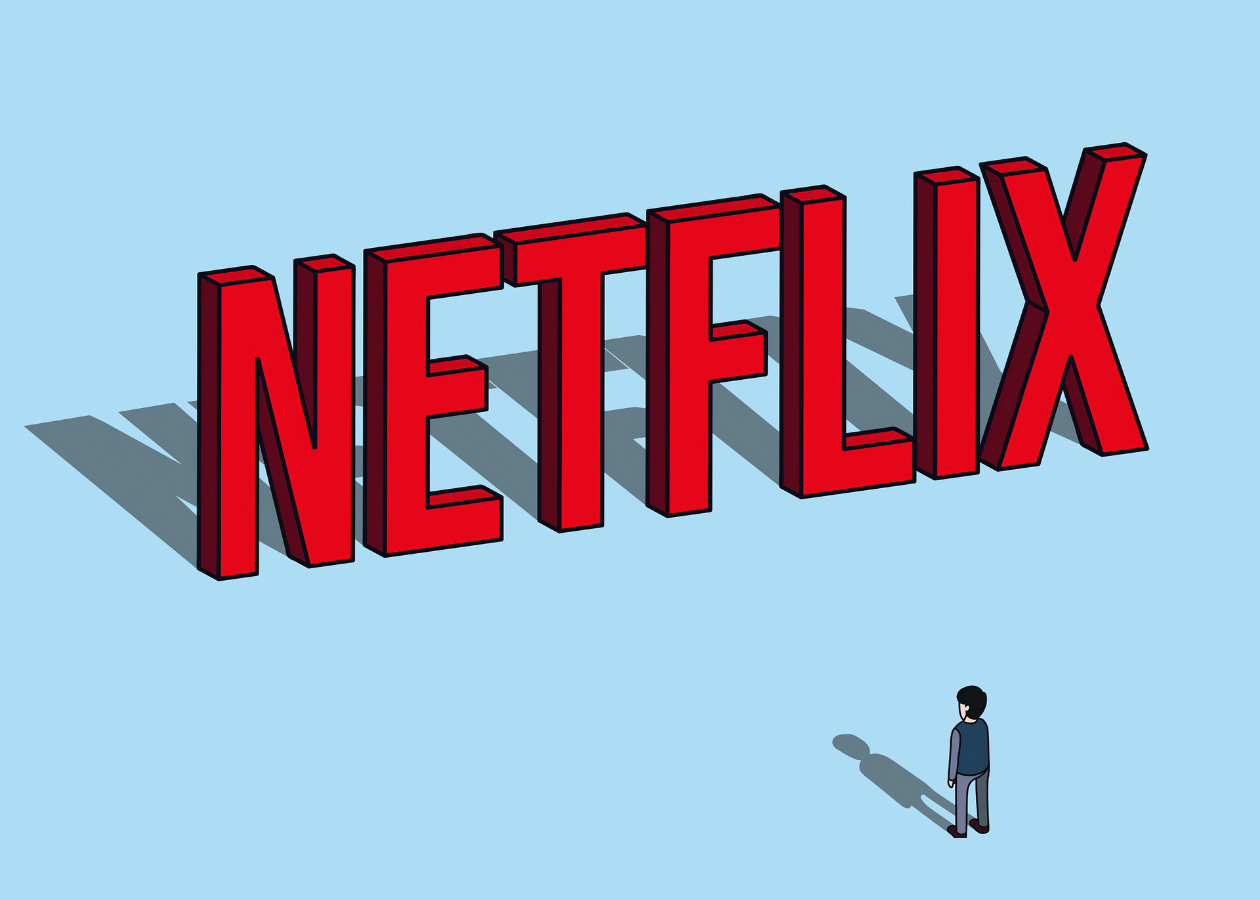Drop whatever you’re doing and imagine this:
In 1997 California, two guys decided to start a DVD-by-mail service. which is now a streaming juggernaut with nearly 220 million subscribers and monthly earnings of roughly $2.5 billion a month.
Much of the company's success can be attributed to the management philosophy of co-founder and CEO Reed Hastings, who deliberately focused the company culture on employee empowerment and independence. The popular phrase "Netflix and chill" could also be applied to the company's attitude towards their employees.
I recently read the book 'No Rules Rules: Netflix and the Culture of Reinvention', by Reed Hastings and I must say I’m pretty much impressed by it.
Here are 3 takeaways from the book:
1. Being Transparent
Back in the '90s, Hastings began couples therapy to save his marriage. He says the lessons he learned from that experience carried over into how he encourages Netflix employees to express themselves. “I began encouraging everyone to say exactly what they really thought, but with positive intent,” he writes.
"For our employees, transparency has become the biggest symbol of how much we trust them to act responsibly. The trust we demonstrate in them, in turn, generates feelings of ownership, commitment and responsibility."
And that transparency extends to the whole company, not just the big dogs. "When you give low-level employees access to information that is generally reserved to high-level executives, they get more done on their own," he writes.
2. Run your business like a team, not a family
Hastings says to leave all that, "We are family" out the door, not to bring to Netflix office culture. For example, in a real family, a parent is unlikely to fire their child or hire someone because they're the best fit for the job, not a close relation.
Better to think of your company as a team trying to win a championship. "We want the best performer in every position," Hastings writes. "Like any team competing at the highest level, we form deep relationships and care about each other."
Taking the family dynamic out of the equation also makes it less personal and more professional. "Don't seek to please your boss," he summarizes. "Seek to do what's best for the company."
3. Offer Feedback Anytime, Anywhere
“At Netflix, it is tantamount to being disloyal to the company if you fail to speak up when you disagree with a colleague or have feedback that could be helpful,”
Most people are reluctant to give constructive criticism to their colleagues — especially their bosses. Even if their feedback is well-intentioned, people worry about coming across as harsh. Netflix thinks about this differently.
As long as feedback is given with positive intent (aiming to help the recipient) and provides an alternative solution (focusing on what the recipient can do differently), feedback can — and should — be given anytime, anywhere.
In return, the recipient needs only to show appreciation for the feedback; they aren’t required to apply it.
Hastings admits that, to promote an environment with this much candor, “you have to get rid of the jerks.”
Here’s the book if you want to check it out. (Click here)
That’s it for today. See you next week with more amazing things that will make you wiser.
Until then...
There’s no better day than today to share this newsletter on WhatsApp with your friends and make them level up too.
Let's Level Up together.




